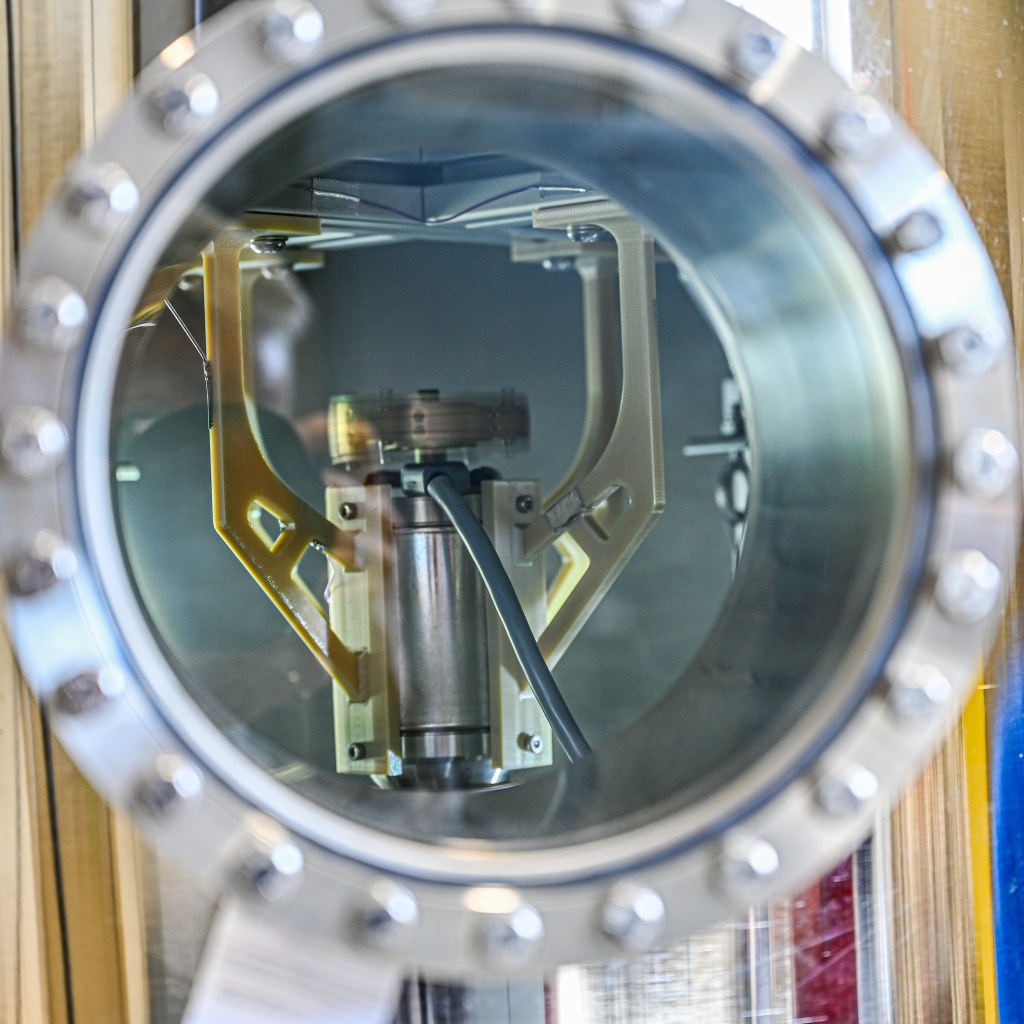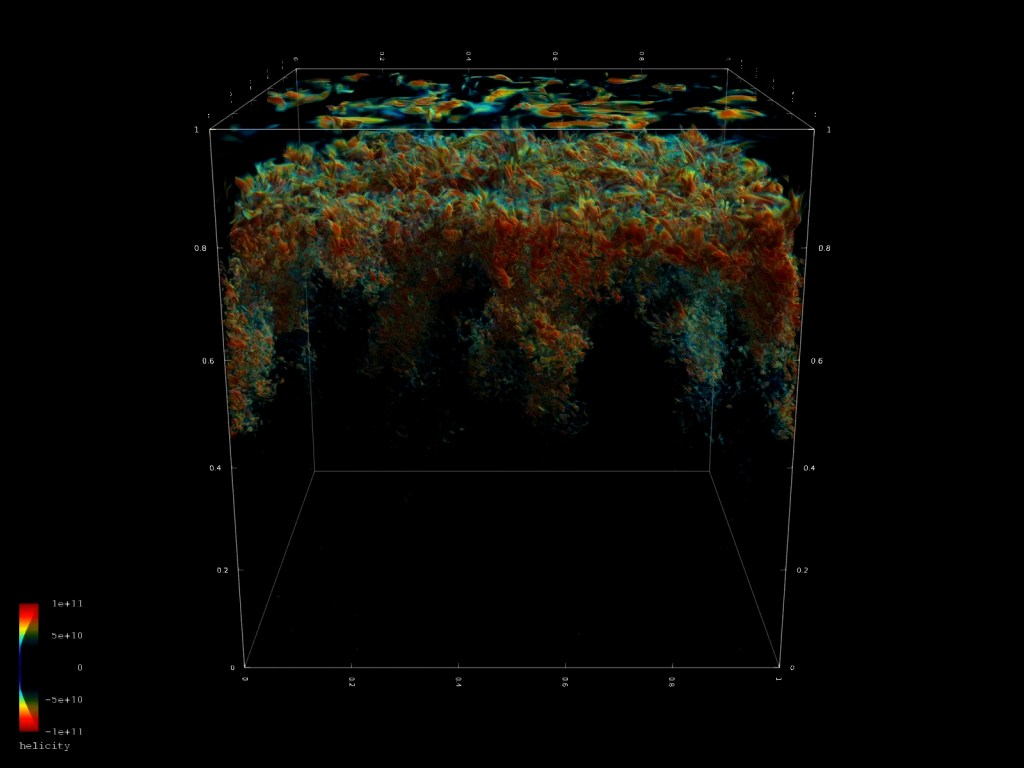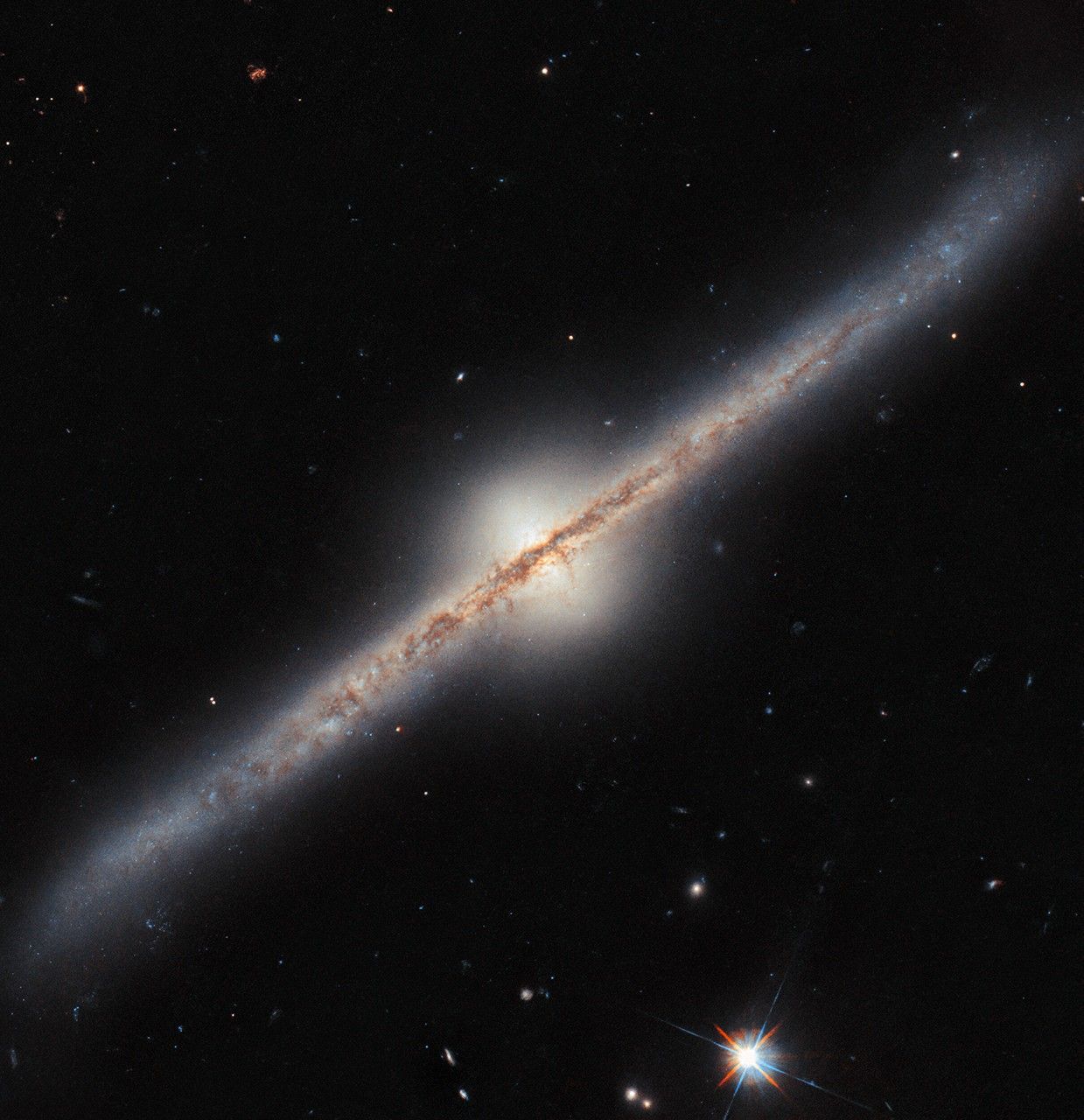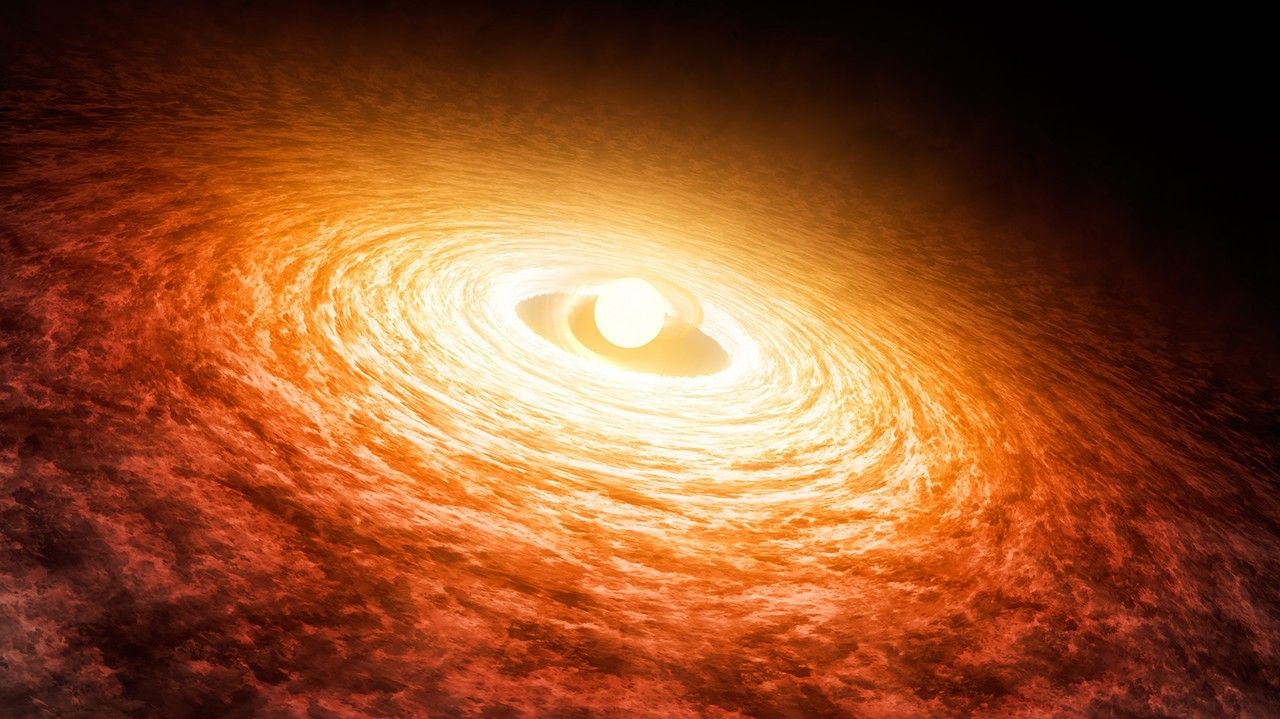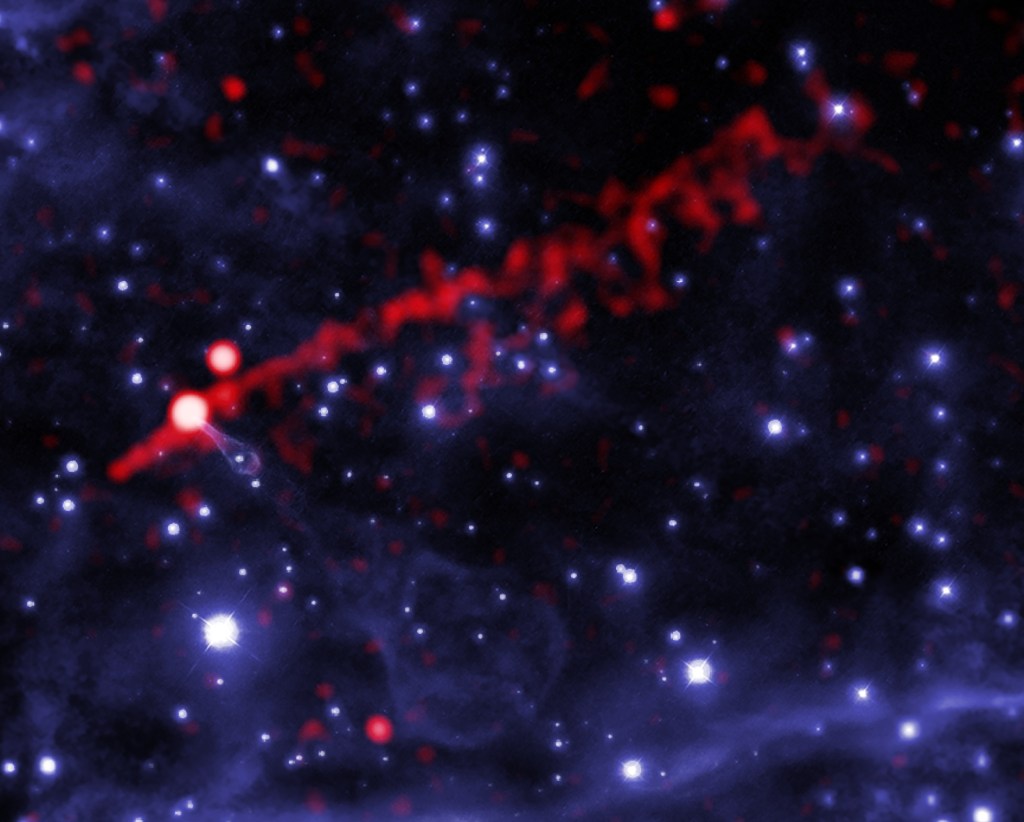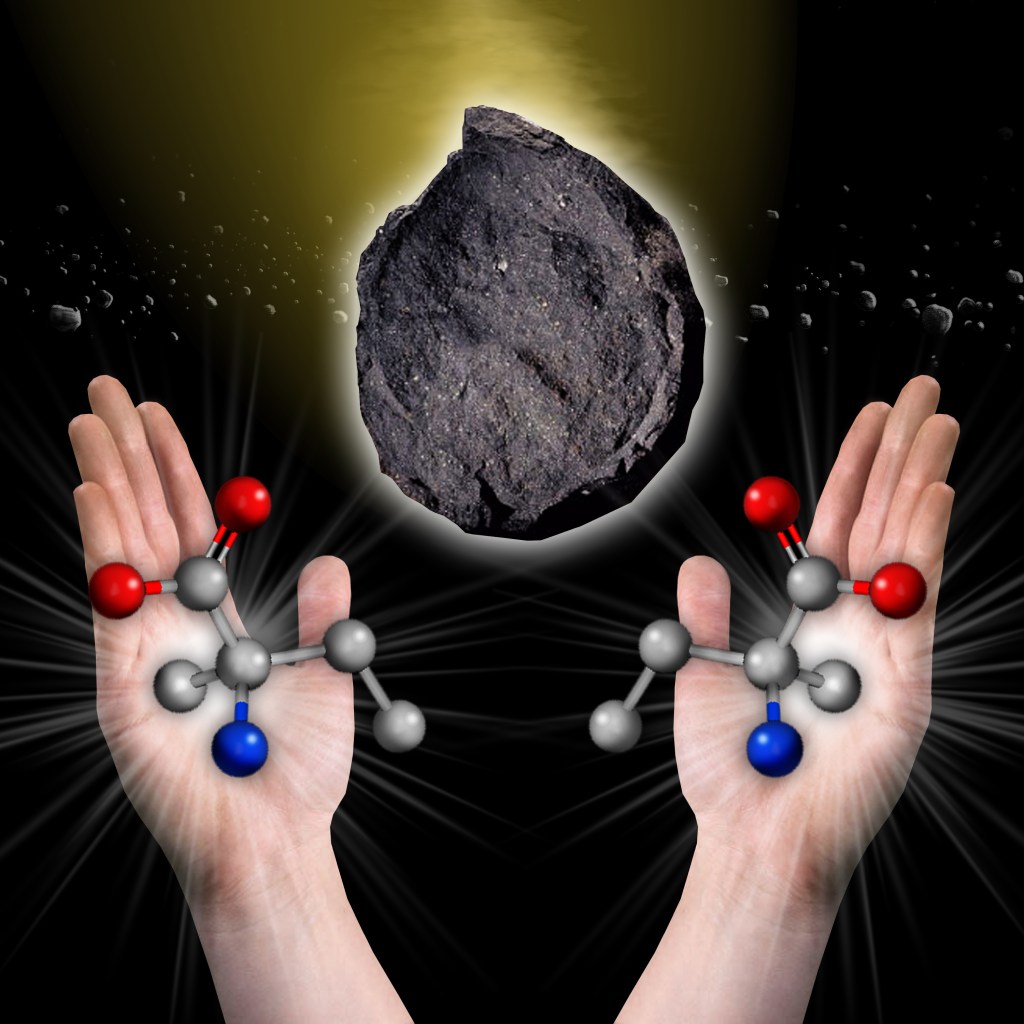Zheng Chen
University of California, San Diego
Batteries that can sustain extreme cold temperatures are essential for NASA’s long-term mission. Today’s batteries suffer from significantly reduced performance and service life when the temperature decreases to < -10 oC or lower. Unlike the state of the art Li batteries that use carbonate electrolytes, our proposed approach is to adopt hydrofluorocarbon (HFC)-based gas electrolytes that will be liquefied at ambient pressure by capillary condensation in nanoporous host structures. By integrating coordination chemistry, fundamental electrochemistry, advanced characterization and theoretical modeling, we will perform a hypothesis-driven research to test whether HFC gas molecules can effectively wet and be condensed in nanoporous hosts at ambient pressure with the aim to create an electrolyte platform for future generations of batteries with high ionic conductivity and extended operation temperature range. The outcome of this research will lead to new batteries with unprecedented electrochemical properties for extreme low temperature operation.





